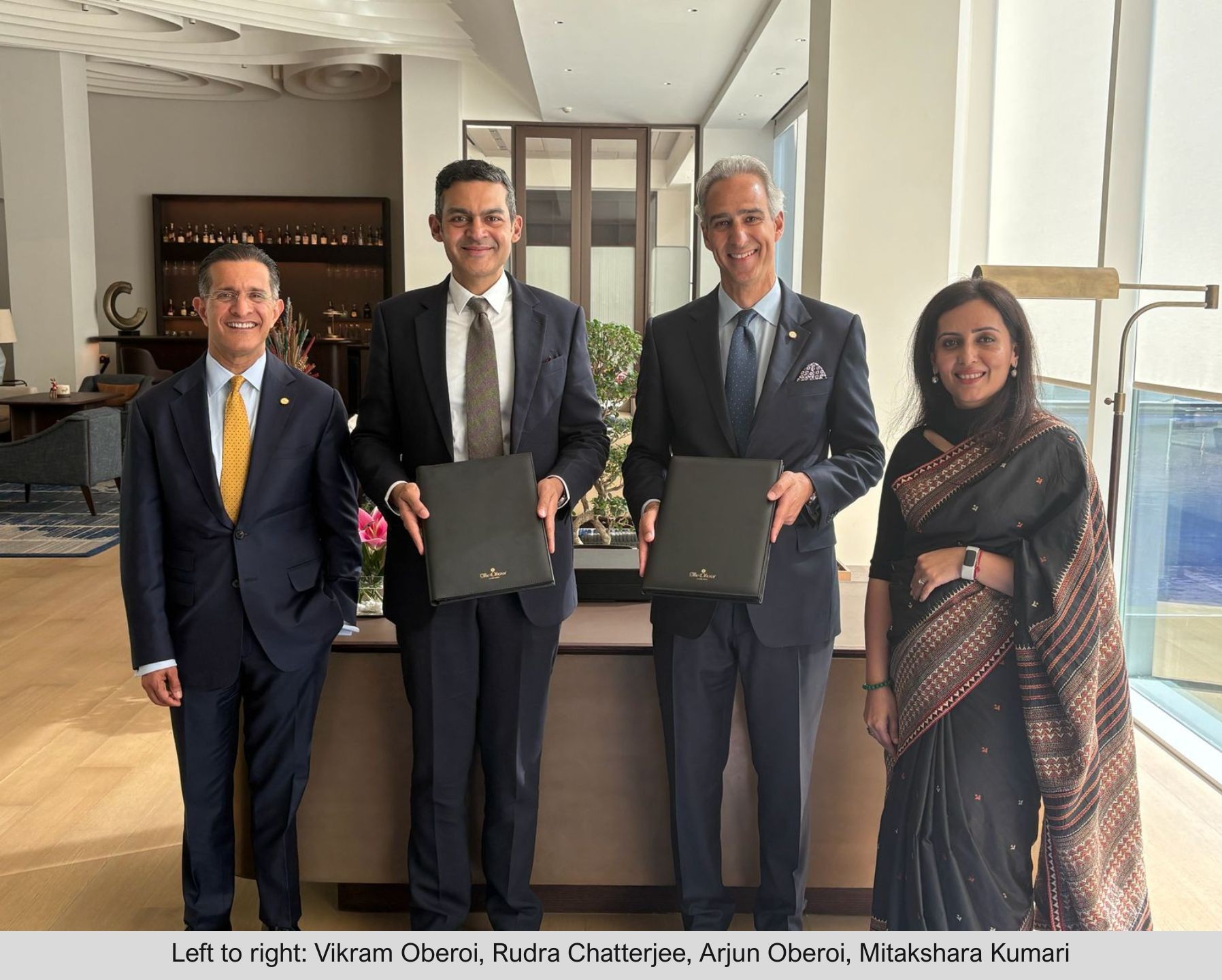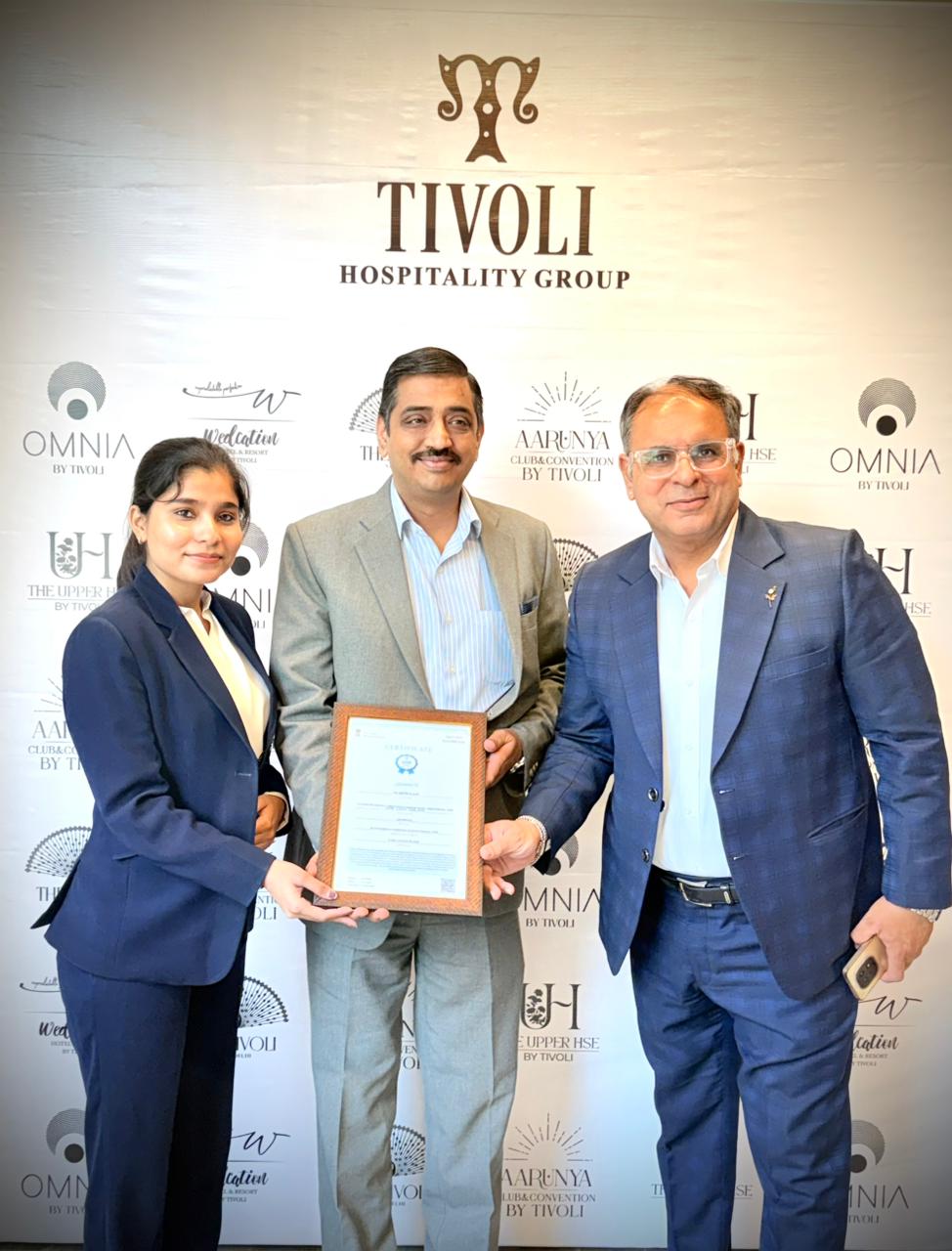Olga Shuvalova stresses the urgent need to adopt GSTC standards for hotels to thrive sustainably on the global stage.
Words by Lipla Negi
Q: How did you get involved in GSTC certification? What motivated you to pursue it?
A: We are a purpose-driven organisation, united by a shared commitment to creating meaningful change. Our journey towards GSTC certification was driven by a commitment to align business practices with global sustainability goals and address the negative impacts of tourism on nature and communities. For years, we sought meaningful ways to mitigate these effects by supporting businesses sharing our values worldwide.
Our decision to focus on GSTC certification was significantly shaped by my involvement in GSTCs activities since 2017 and attending global events organised by GSTC in Chile (2017), Botswana (2018), and the Azores (2019). These experiences provided valuable insights and strengthened our belief in the need to move towards rigorous sustainability standards in the tourism industry. When we decided to expand into tourism certification, choosing GSTC was an unambiguous choice. It is currently the only accredited and aligned with ISEAL standards tourism certification scheme that brings GSTC criteria to the top of trust by the industry.
Q: Why is GSTC certification considered superior to other certifications available in the European market? What unique features set it apart?
A: GSTC-accredited certification stands out due to its comprehensive, third-party assessment by a GSTC-accredited certification body. This involves a rigorous audit to ensure conformity with GSTC criteria, widely regarded as the top standard in sustainability certifications. GSTC-certified businesses gain exclusive access to the GSTC Market Access Programme, which provides visibility on leading online travel agencies (OTAs), such as Booking.com, Agoda, and EcoHotels.
GSTC certification aligns with the UN Sustainable Development Goals (SDGs), ensuring that businesses certified under its framework contribute to global sustainability priorities. It is fully compliant with European Union regulations, such as the Unfair Commercial Practices Directive, the EU Green Claims Directive, and the European Directive for Corporate Sustainability Reporting (CSRD).
Unlike other ecolabels, GSTC requires accredited certification. It ensures that certification processes undergo rigorous evaluation by an accreditation body, confirming adherence to international standards of impartiality, integrity, quality, and transparency. GSTC certification does not require ongoing membership fees, making it a cost-effective choice compared to other schemes.
Q: How are you collaborating with European hotels, and what has been the response so far? What are their top concerns vis-à-vis sustainable practices?
A: European hoteliers are increasingly embracing GSTC certification as they face stricter regulations and rising demand for sustainable practices from guests and corporate clients. We are incredibly proud to be partners for GSTC-accredited certification for esteemed properties of Mandarin Orienta Hotel Group and other luxury hotels in different locations of the region. The response from European hotels has been overwhelmingly positive. Many establishments admit the growing importance of sustainability in attracting travellers and enhancing their brand reputation. We have built a reputation as partners in this journey, helping them navigate challenges and turn sustainability into a competitive advantage.
Talking about top concerns vis-à-vis sustainable practices, training is critical to ensure employees fully understand and embrace sustainability practices, yet it requires resources and consistent effort. Similarly, ensuring suppliers meet sustainability standards can be difficult and challenging.
Q: With changing sustainability requirements in Europe, how will these shifts impact clients, guests, and corporates who use hotels?
A: The EU’s Greenwashing Directive, alongside the new Green Claims Directive, represents a legislative advance in ensuring that sustainability claims made by businesses are not only transparent and truthful but also substantiated by rigorous, third-party verification. The EU’s directives are set to have a profound impact on businesses across the hospitality sector—not just within Europe but also in destinations frequented by European travellers.For clients, guests, and corporate users, these changes mean shifting priorities in their decision-making processes. Guests are demanding authentic eco-friendly experiences rather than superficial claims, and corporates are embedding sustainability into their procurement policies. For hotels, this shift requires embedding sustainability into every aspect of their operations.
Q: What are your plans for expanding into India and working with Indian hotels? Are you looking at corporates as well, one of the biggest consumers of hotels?
A: We already have a strong foundation in the region. Our local representative and an experienced GSTC auditor, who is qualified to work with both tour operators and hotels, is based in India. Collaboration with local businesses is a key priority for us. We firmly believe that building local expertise and empowering local professionals is the only path to true sustainability, creating long-term value for both the businesses and the communities they operate in. We are currently formalising our strategic partnership with QualStar, a well-known organisation in hotel certification in India. We can confirm that this collaboration is a step forward in supporting Indian businesses in meeting global standards.
Q: Why is it crucial for hotels in Southeast Asia to adopt GSTC standards right now?
A: Southeast Asia’s tourism sector is at a critical juncture, adopting GSTC standards has become an urgent necessity for hotels in the region. It is one of the most popular destinations for European travellers, making it essential for hotels in the region to comply with the increasingly stringent sustainability requirements set by European laws. Besides, global online travel agencies (OTAs) are collaborating with certification schemes for tailored filters, allowing guests to easily find sustainable service providers. GSTC-certified hotels gain a competitive edge by being featured prominently in these searches. Adopting GSTC standards is not just a strategic decision for Southeast Asian hotels—it is a commitment to ensuring their resilience and responsibility. Therefore, embracing sustainability is the path to securing a thriving future for businesses.
“Our journey towards GSTC certification was driven by a commitment to align business practices with global sustainability goals.” – Olga Shuvalova, CEO, United Certification Systems Limited
“Building local expertise and empowering local professionals is the only path to true sustainability, creating long-term value for businesses.”










